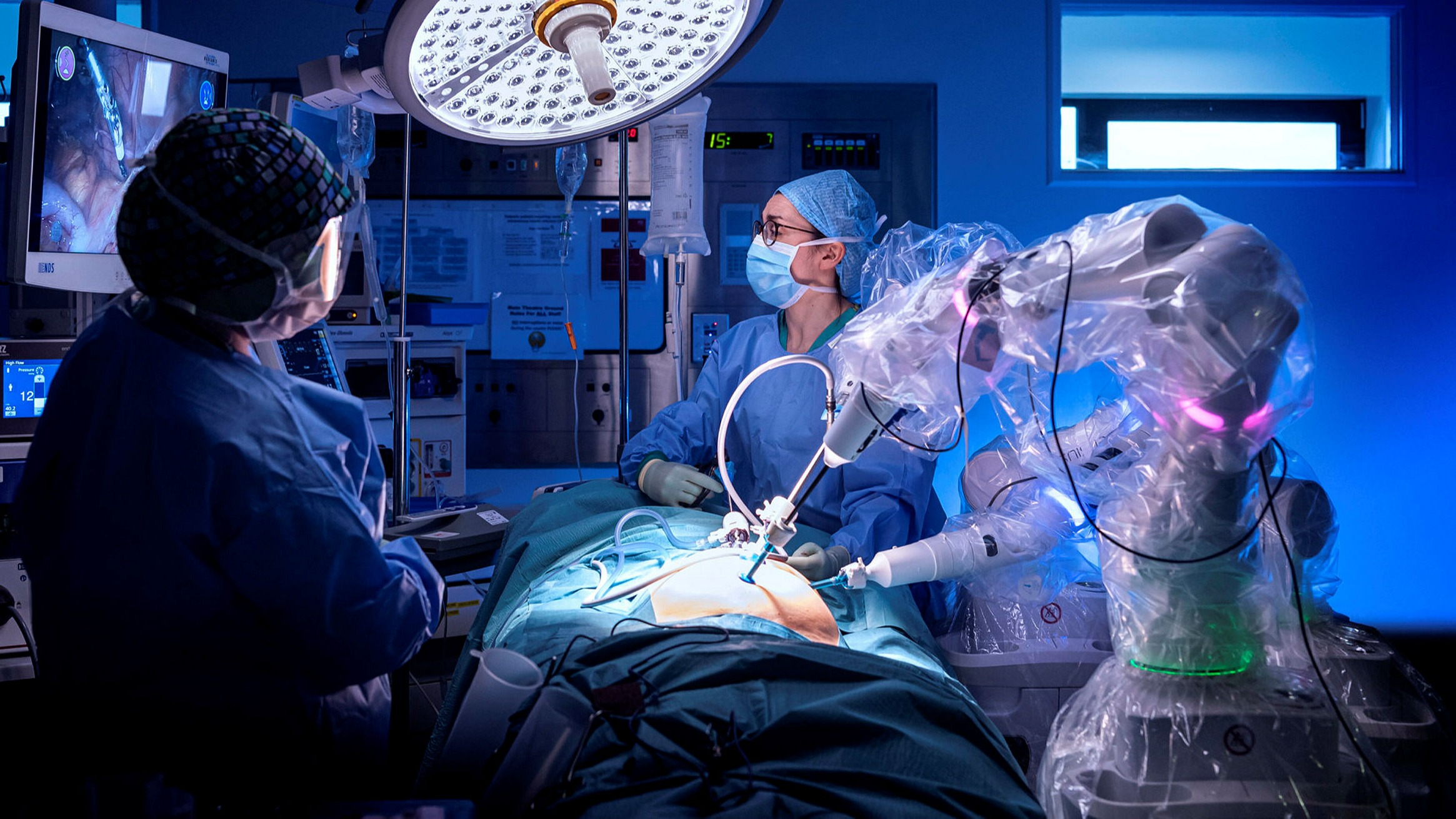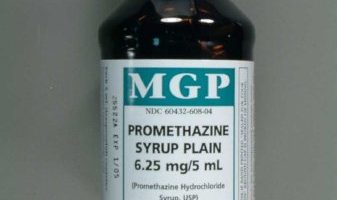
Technology has the power to improve and save lives, and Dallas is at the forefront of some revolutionary trends in medicine. Here are seven tech trends transforming the medical industry:
1: The Internet of Medical Things (IoMT)
The IoMT is a rapidly growing field that’s reinventing how doctors gather data about their patients; it involves the use of wearable devices and other medical-related internet of things items.
2: Genomics
Thanks to high-tech sequencing machines, the cost of genomic sequencing has plummeted in recent years. This is a huge development for medicine because doctors will soon be able to determine a person’s risk factors for a variety of health issues from their genes alone.
3: 3D-Printed Medical Devices
Dallas is a major hub for additive manufacturing, which means that doctors have access to high-tech tools they can use to design and manufacture prosthetics and medical devices. It’s also easier than ever to create, edit, and print medical human anatomy models, so surgeons know exactly what they’re working with.
4: Artificial Intelligence in Healthcare
Doctors are already relying on computers to assist them in diagnosing patients, but AI will likely have an even greater role in the future. Computers are beginning to learn how to diagnose based on symptoms alone, and they could eventually be used for cell-level genomics analysis, pharmaceutical development, and more.
5: Robotic Surgery
Robotic surgery is now being used in Dallas to perform tasks that would otherwise be impossible or too delicate for human hands. This has drastically reduced recovery times, and it’s also allowing doctors to do things they weren’t able to before.
6: Electronic Medical Records
Rather than relying on paper medical records, many hospitals are switching to electronic records, which means that doctors can more easily access a complete and accurate picture of their patient’s health. This has already improved the quality of care in Dallas, but it also helps to create detailed medical data sets for AI researchers in fields like genomics.
7: Remote Patient Monitoring
While some forms of remote patient monitoring have been controversial, this technology is here to stay because it helps doctors keep an eye on their patients from afar. This can improve patient safety and allow for faster response times to emergencies, plus it makes telemedicine a viable alternative for people who live in remote areas.
Conclusion:
Dallas is a major hub for healthcare innovation, and cutting-edge medical technology companies are popping up across the city. With so many advanced tools, Dallas is helping to revolutionize medicine in the 21st century.
